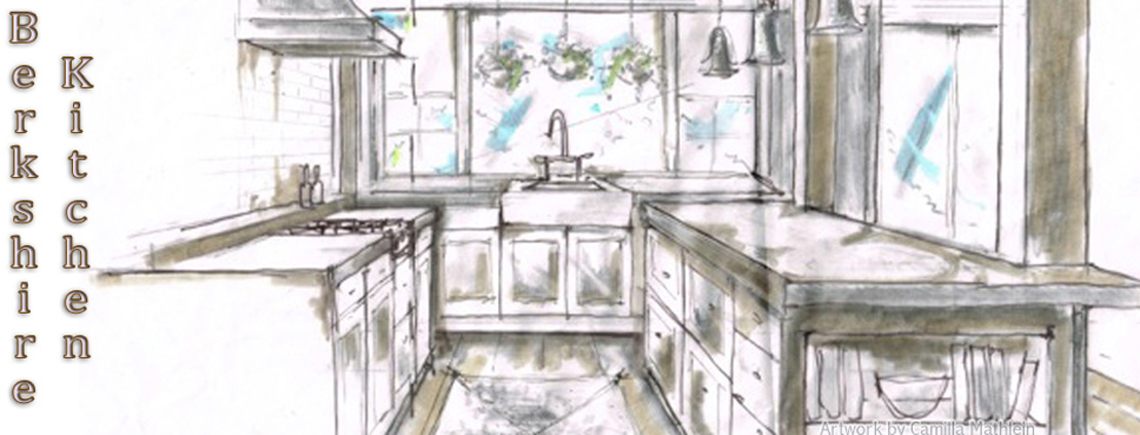KIEŁBASA
Perhaps it’s my Polish heritage shining through but I love kiełbasa. When I was in elementary school, the family of a good friend of mine owned a butcher shop where they made fresh kiełbasa. Sadly when my friend’s father retired, then passed away, he took the secrets of the recipe with him. I know I’ll never again taste that special particular blend of pork and spices.
Originally made at home in rural areas of Poland, kiełbasa is traditionally served at Polish weddings. It comes in a smoked variety and also uncured. You’ll notice that the uncured sausages are generally pink while the smoked ones have an orange tint. I prefer the uncured version as it doesn’t have as many additives as smoked kiełbasa.
Now you may notice an odd character in the word “kiełbasa.” What looks like a small letter L with a line through it is actually the Polish character that is pronounced as a W. So kiełbasa is properly pronounced “kiew-basa” – and not as, lord help us, “keel-basi.” In Polish, kiełbasa simply means sausage but there are many different types of kiełbasa made throughout Poland and the other Slavic regions.
To cook fresh (uncured) kiełbasa I first boil it then grill it, fry it or bake it. The boiling thoroughly cooks the sausage and the grilling gives it a nice char and delicious flavor. The weather’s been a bit chilly to grill outside so I recently made a one-pan meal of kiełbasa, fingerling potatoes and sauerkraut in a cast-iron skillet.
You don’t have to use fingerling potatoes for this recipe but be sure to buy a waxy potato such as Yukon Golds so they hold their shape. If you want, add a splash of white wine or beer to help enhance the flavor while cooking. Although the recipe is delicious on its own, feel free to serve it with a couple slices of rye bread.
KIEŁBASA, FINGERLINGS & SAUERKRAUT
1 whole U-shaped link Boars Head Uncured Kiełbasa*
Extra virgin olive oil
1 lb. bag of sauerkraut, partially drained
1 small onion, halved and thinly sliced
1 pound small fingerling potatoes, scrubbed but not peeled
1 teaspoon caraway seeds
White wine or beer (optional)
Wholegrain mustard and rye bread, for serving
Heat your oven to 375 degrees.
Place the kiełbasa into a 10”-12” cast iron skillet. Add enough water to come up halfway over the sausage. Bring to a boil, then simmer for 30 minutes, periodically turning the sausage over so both sides cook evenly. Add a bit more water if necessary.
While the kiełbasa is cooking prepare your potatoes. Although the tiny round fingerlings may be kept whole, slice the larger ones in half or thirds so that all the pieces are evenly sized.
Keeping all the remaining liquid in the pan, remove the kiełbasa and let it cool on a plate. Put the potatoes into the cooking liquid, cover,and let the potatoes cook for about 10 minutes. Turn them periodically so that they steam evenly. If too much water has evaporated, add a bit more.
While the potatoes are cooking, slice the boiled kiełbasa into quarter-inch rounds.
When the potatoes can be easily pierced by a knife, remove them to another bowl, reserving any remaining cooking liquid.
Add about 1 tablespoon of extra virgin olive oil to the skillet and sauté the sliced onions until soft. Stir in the sauerkraut and let the mixture simmer for about 5 minutes. The sauerkraut should turn a nice light brown from the remaining saucy liquid in the pan. At this point I often add a splash of white wine for extra flavor.
Make sure the sauerkraut is evenly spread in the pan. Arrange the sliced kiełbasa and potatoes on top of the sauerkraut. Place the cast iron pan in the oven and bake at 375 degrees for about 20 minutes until the kiełbasa begins to lightly brown.
Serve with some whole grain mustard and a couple slices of rye bread on the side. Any leftovers are delicious the next day when quickly reheated in the microwave.
*If your local market doesn’t carry Boars Head brand, feel free to substitute another uncured polish sausage or enjoy a trip down to a Polish neighborhood in New Britain, Connecticut and stock up.

